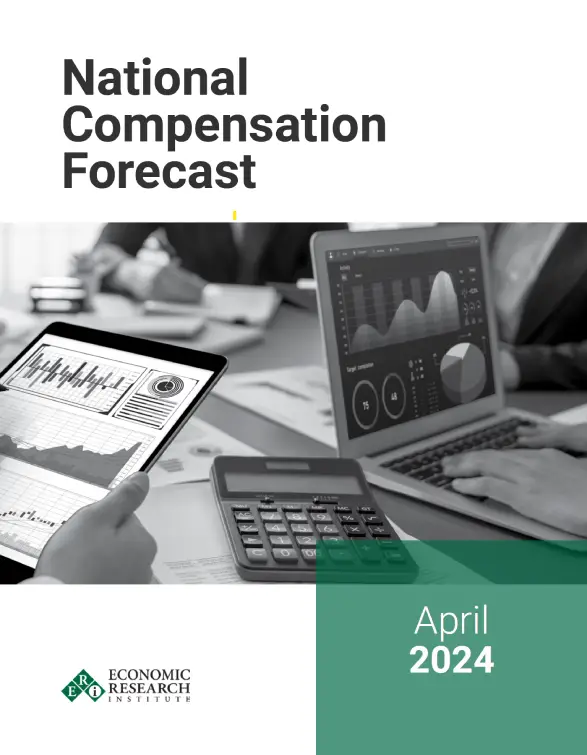The U.S. Securities and Exchange Commission has opened an inquiry into Chesapeake Energy Corp’s program that granted Chief Executive Officer Aubrey McClendon a share in each of the natural gas producer’s wells. It is possible that the arrangement is considered an executive loan to the CEO seeing as McClendon took out as much as $1.1 billion in personal loans by pledging his 2.5% stakes in the energy company’s oil and natural gas wells as collateral. The loans were made through companies in which McClendon has a controlling interest. This event has subsequently led to a 5.5% percent decline in the company’s stock from when the first article appeared in the headlines. Soon after, Chesapeake Energy announced it was ending the investment program that allowed its top executive to borrow and mortgage against personal stakes in company’s wells. Due to the Enron scandal and the subsequent Sarbanes Oxley regulations (SOX), loans to executive officers are banned.
In 2002, Section 402 of the Sarbanes-Oxley Act amended the Securities Exchange Act of 1934 to prohibit all companies with securities traded in the United States from making or arranging for a personal loan to their directors and executive officers. Some advocates for executive loans argued that they can serve the purpose of financing managerial stock ownership which aligns management and shareholder interest, but the argument hasn’t prevailed in any court of law. Highlights of the ruling that ban executive loans include the following:
- Material modifications of grandfathered loans that existed at the time the amendment was enacted are banned.
- When an executive uses company issued credit cards for personal use and takes cash advances, this may be considered a personal loan.
- Exemptions are available, the most common being if the executive works for a financial services company and is granted a loan by his/her employer which is made in the ordinary course of consumer credit business and also made available to the public.
- Although the executive loan rule doesn’t apply to private companies, if said companies plan to go public, such executive loan arrangements need to be terminated prior to going public.
- Loans to non-executive employees are permitted.
- Directors and executive officers should minimize using company stock or stock options as collateral for financing arrangements.
- Transactions in which the same financial institutions providing loans to the company is loaning to the executive as well should be avoided.
There are fines and penalties for individuals and corporations which hinge on the willful or reckless nature of establishing such loans arrangements. The issue with Chesapeake Energy is the Board communicated that they knew and had knowledge of the financing arrangement, then, soon after, issued another statement that attempted to “recant” the admission. It may be too soon to tell the outcome of this investigation. In the meantime, in addition to understanding the SOX rules for executive loans, organizations should review their executives’ financial arrangements with the corporation under their management purview and ensure all arrangements pass the muster of an “arms-length” agreement (i.e., both parties do not have a special relationship or control over one another, and the arrangement results in fair price, conditions, and other terms).
For more information, analytics, and tools related to executive compensation, visit www.erieri.com.



